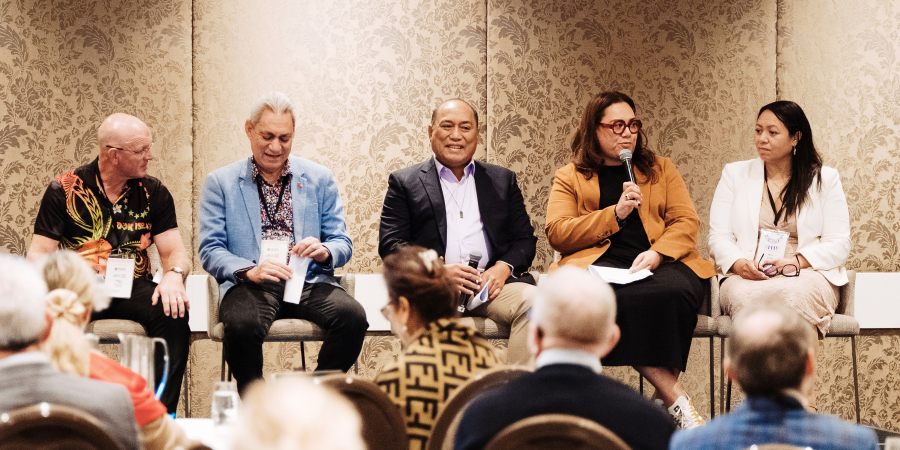New research by Auckland University of Technology (AUT) NZ Work Research Institute (NZWRI) shows how the COVID-19 pandemic and associated policy responses affected the labour market outcomes for Pacific Peoples relative to NZ Europeans.
The Pacific workforce and the impact of COVID-19 report found:
- Pre-pandemic ethnic disparities between NZ European and Pacific are prevalent in terms of job-entry wages after a period of non-employment (known as “wage scarring”) and limited wage progression for those who are employed.
- The pandemic amplified ethnic disparities for Pacific Peoples particularly among Pacific women, those under 30, and those living in Auckland.
- Young Pacific people living in Auckland during 2021 most acutely felt the impact of COVID-19 on their labour market outcomes.
- Pacific workers tend to work in industries hit the hardest in terms of lower wage growth during COVID-19 – specifically, manufacturing and construction for Pacific men, and manufacturing, healthcare, and social assistance for Pacific women.
It is estimated that the ethnic labour marker disparities were greater in 2021 than in 2020
Researchers examined a variety of labour market indicators:
- Job entry and benefit dependence: including the probability of entering employment; the wage level when starting employment; and the likelihood of receiving benefits
- Job and wage mobility: includes wage progression of those that remain employed
- Job separation: including the probability of exiting employment, and the likelihood of receiving benefits if exited employment.
NZWRI director, AUT Professor Gail Pacheco, says that pre-pandemic disparities in the Pacific labour market are persistent, and they were felt most keenly by specific Pacific groups during COVID-19.
“While the NZ labour market was generally robust during the pandemic, it seems that not everyone managed to benefit from it.”
Professor Pacheco says the report shows change is needed at a systemic level.
“COVID-19 has amplified the prevalence of ethnic disparities in the workforce, but it did not create those disparities in the first place. Therefore, policy needs to not only tackle recent COVID-related disruptions to the workforce but be long-term focused on addressing the entrenched disparities evident before the pandemic hit.”
Kirsty Flannagan, General Manager Economic Strategy, who oversees Langa Le Vā Pacific Policy Team at MBIE, who commissioned and funded the report, acknowledged the report’s findings.
“Pacific people in Aotearoa have long experienced disparity in the labour market. This research indicates the positive impact of the Government’s wage subsidy for Pacific people during COVID but also highlights the work that needs to continue to address labour market inequities and continue to grow Aotearoa New Zealand for all.”
The study draws on population data from the 2018 Census, matched with Inland Revenue’s monthly information on earnings and the Ministry of Social Development’s data on benefits.













































































